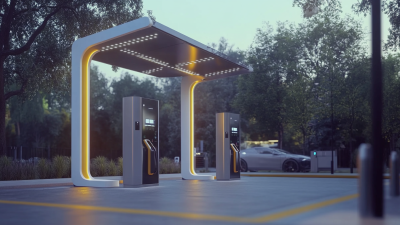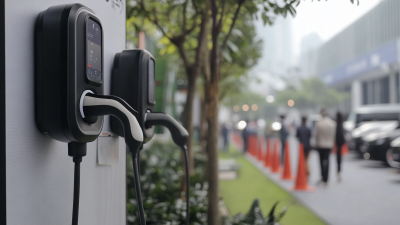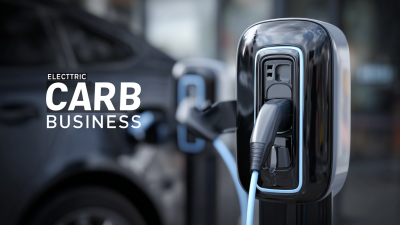As the global shift towards sustainable transportation accelerates, the Electric Car Charger Business is poised for substantial growth in the coming years. According to industry reports from MarketsandMarkets, the global electric vehicle charger market is projected to expand at a compound annual growth rate (CAGR) of 30.1%, reaching a valuation of USD 56 billion by 2026. This surge is primarily driven by increasing government incentives for electric vehicles, advancements in charging technologies, and rising consumer demand for eco-friendly transportation solutions. The 2025 China Import and Export Fair, being a catalyst for international trade, presents a unique opportunity for businesses to explore innovative growth avenues in the Electric Car Charger Business sector. With China being one of the largest markets for electric vehicles, this event highlights the imperative need for efficient charging infrastructure, positioning electric car chargers as a pivotal element in the future of urban mobility and energy sustainability.
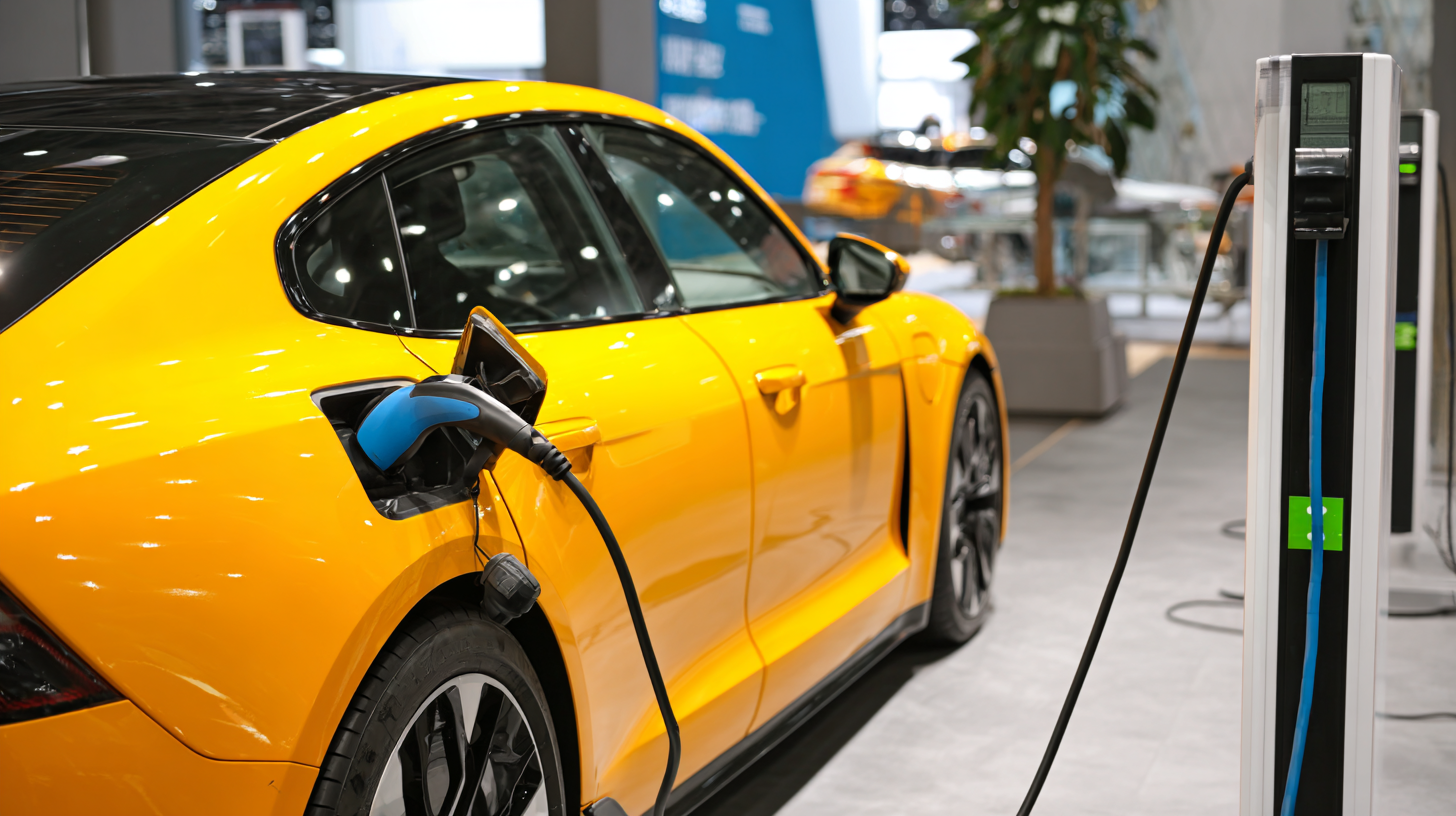
The electric vehicle (EV) market in China is witnessing unprecedented growth, presenting immense opportunities for businesses involved in electric car chargers. As the country continues its commitment to sustainable transportation, the demand for EV infrastructure, particularly charging stations, is surging. With government initiatives aimed at expanding the EV ecosystem, businesses can capitalize on incentives and subsidies that support the installation and development of charging networks. The upcoming 2025 China Import and Export Fair serves as a pivotal platform for companies to showcase their innovative charging solutions and connect with potential partners.
Furthermore, the rapid increase in electric vehicle adoption among Chinese consumers necessitates a broader and more efficient charging infrastructure. As urban centers grow and the number of electric vehicles on the road rises, the need for accessible and reliable charging options becomes critical. Electric car charger providers can explore partnerships with local municipalities and businesses to enhance charging accessibility, including the integration of smart technology for easier user experiences. This dynamic landscape offers an exciting opportunity for businesses to not only contribute to a greener future but also gain substantial market share in a competitive and rapidly evolving industry.
Innovations in electric vehicle (EV) charging infrastructure are set to reshape the landscape of the automotive industry by 2025. With the increasing push towards sustainable transport, the demand for efficient and user-friendly charging solutions continues to rise. Key trends include the development of ultra-fast chargers that significantly reduce charging times, enabling drivers to replenish their EVs in mere minutes. These advancements not only enhance convenience but also make electric vehicles more attractive to potential buyers.
Another notable trend is the integration of smart technology into charging stations. Many companies are investing in networked systems that allow for real-time data tracking and seamless payments. Mobile apps are being developed to help users locate the nearest charging stations, check availability, and even reserve a spot. Additionally, innovative partnerships are emerging between charging infrastructure providers and renewable energy sources, enabling users to power their EVs with clean energy. This synergy not only promotes green energy use but also contributes to a more sustainable and efficient charging ecosystem.
This chart illustrates the projected growth in the electric car charger market from 2023 to 2025, highlighting the increasing number of public charging stations, advancements in charging technology, and the rising popularity of electric vehicles.
Navigating the electric car charger business can be particularly challenging for manufacturers, especially in the evolving regulatory landscape. With governments worldwide prioritizing electric vehicle infrastructure, it's crucial for companies to understand
compliance requirements that vary significantly from region to region. Manufacturers must stay informed about
safety standards, certification processes, and local regulations governing charger installations.
Tips: Regular training sessions for your team on compliance can streamline the learning curve. Additionally, establishing relationships with local regulatory agencies can provide valuable insights into upcoming changes and help you stay ahead of any regulatory challenges.
Moreover, exploring innovative solutions is essential to address these regulatory hurdles. Manufacturers can consider collaborating with local partners who are well-versed in the regulatory environment. This partnership can facilitate smoother entry into new markets, as local expertise often leads to more effective navigation of compliance.
Tips: Develop a proactive approach by investing in legal consultation to assess potential regulatory impacts before market entry. Consistent monitoring of regulatory changes will also keep your products compliant and reduce the risk of costly penalties.
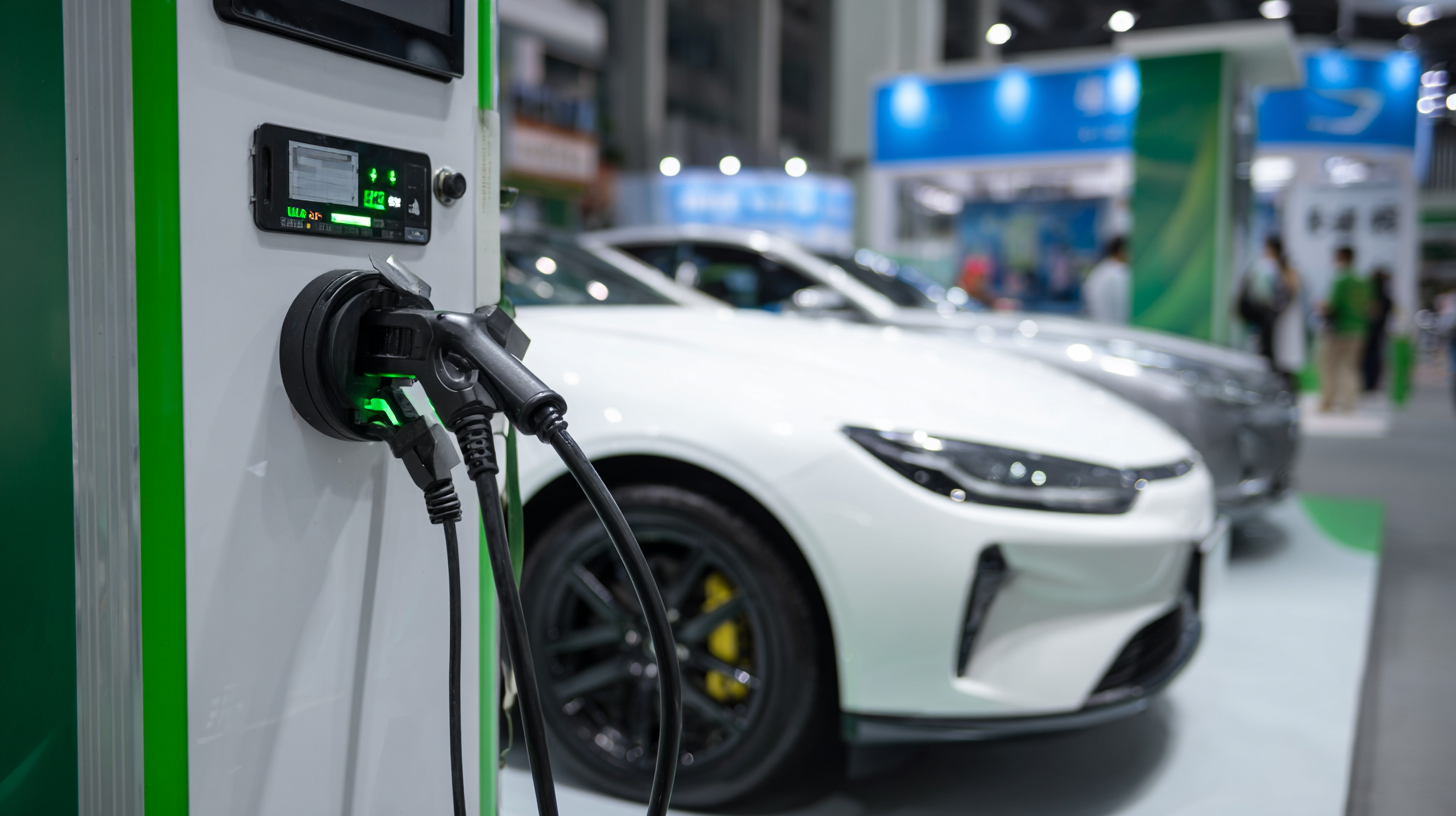
The electric car charger business is set to experience significant growth, especially in the context of the 2025 China Import and Export Fair. With the increasing adoption of electric vehicles, the demand for efficient and widely available charging infrastructure is paramount. Insights from recent market reports indicate that the global electric vehicle charging market is expected to grow at a compound annual growth rate (CAGR) of over 30% through 2030, driven by advancements in technology and supportive government policies. Key players in this market are focusing on innovations in charging speed and user-friendly interfaces to attract consumers.
As the market evolves, competition among leading companies intensifies, necessitating strategic approaches to maintain market share. Industry analysis reveals that major firms are investing in strategic partnerships and expanding their product offerings to include fast-charging solutions and integrated smart technology. Moreover, identifying geographical hotspots for installation, particularly urban areas with high electric vehicle penetration, will be crucial for maximizing growth opportunities. The competitive landscape suggests that players who leverage data-driven insights and consumer feedback to enhance their services will position themselves favorably in the marketplace.
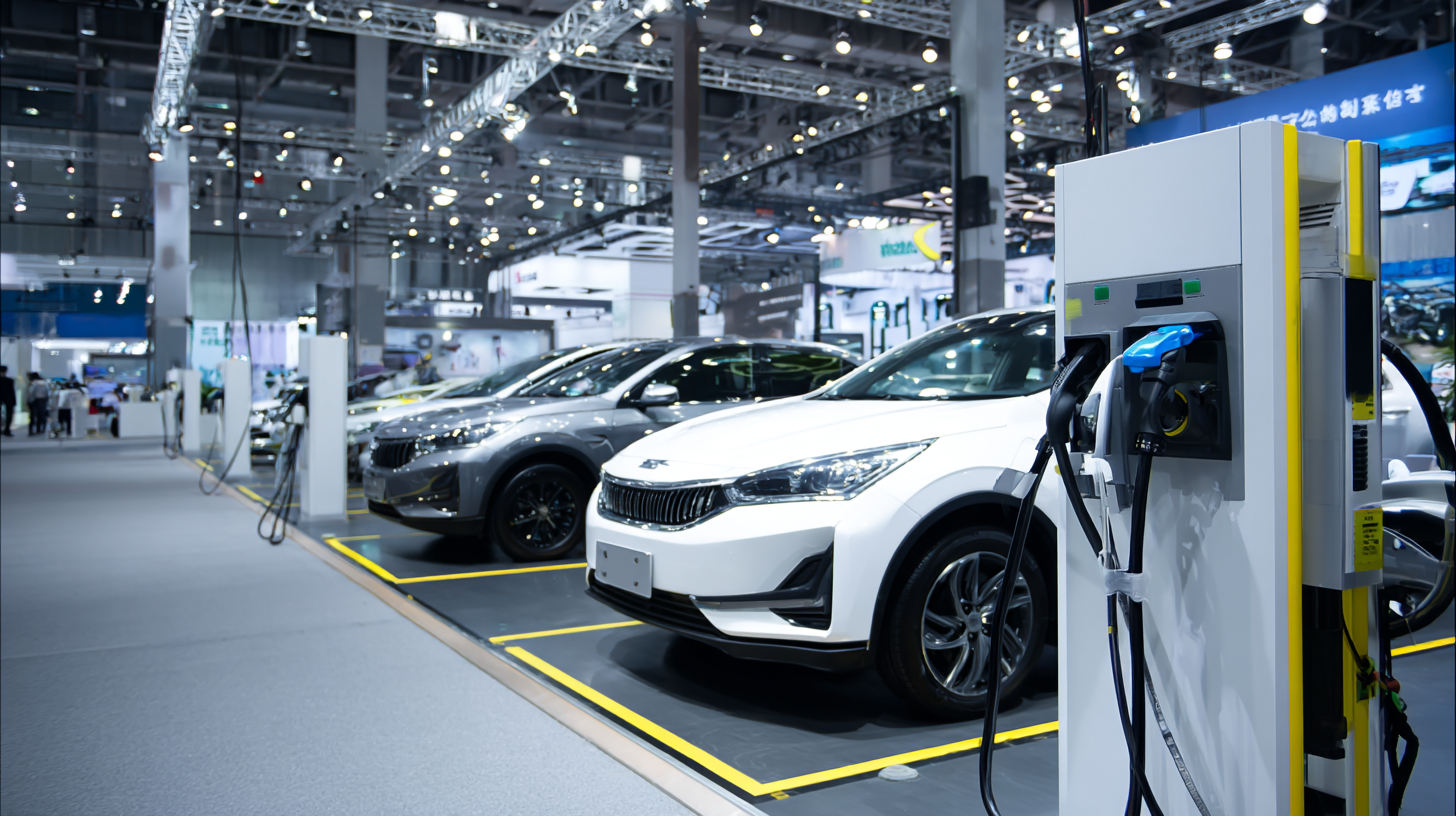
As the electric vehicle (EV) market continues to expand, understanding shifts in consumer behavior is essential for businesses seeking opportunities in the EV charging solutions sector. According to a report by the International Energy Agency (IEA), global EV sales reached over 6.6 million units in 2021, a 108% increase from 2020. This surge in electric vehicle adoption is directly influencing demand for accessible charging infrastructure, with projections suggesting that the number of EV chargers could exceed 8 million by 2025. Consumers are increasingly seeking fast and convenient charging options, and this trend presents a significant opportunity for suppliers and manufacturers at events like the 2025 China Import and Export Fair.
In addition, a survey conducted by McKinsey highlights that over 70% of potential EV buyers consider the availability of charging stations to be a crucial factor in their purchasing decision. This shift in consumer behavior underscores the need for innovative and user-friendly charging solutions that meet evolving expectations. Companies that can effectively align their offerings with consumer needs—particularly in areas such as charging speed, location accessibility, and payment flexibility—are likely to capitalize on the growing demand for EV charging solutions. As the market matures, a deep understanding of consumer preferences will be vital for establishing a competitive edge in the rapidly evolving landscape of the electric car charger business.


